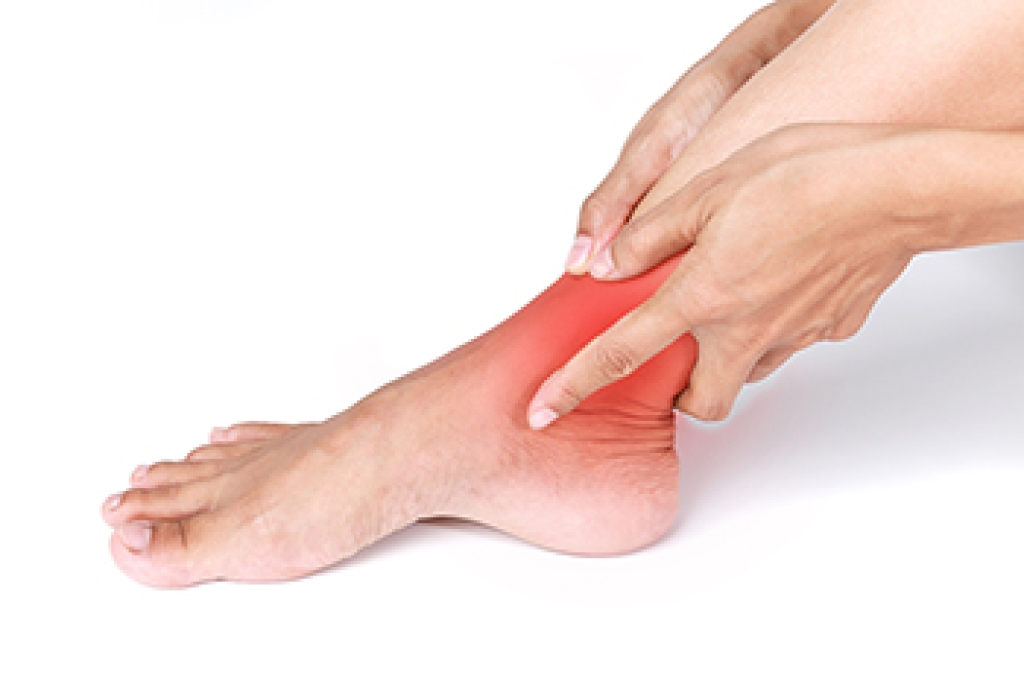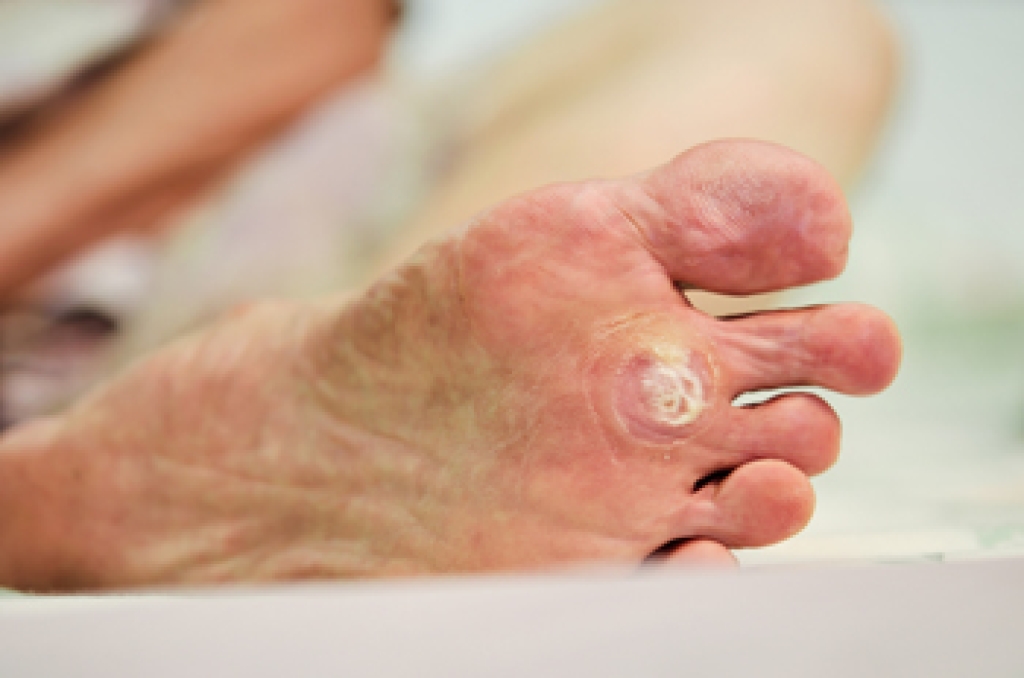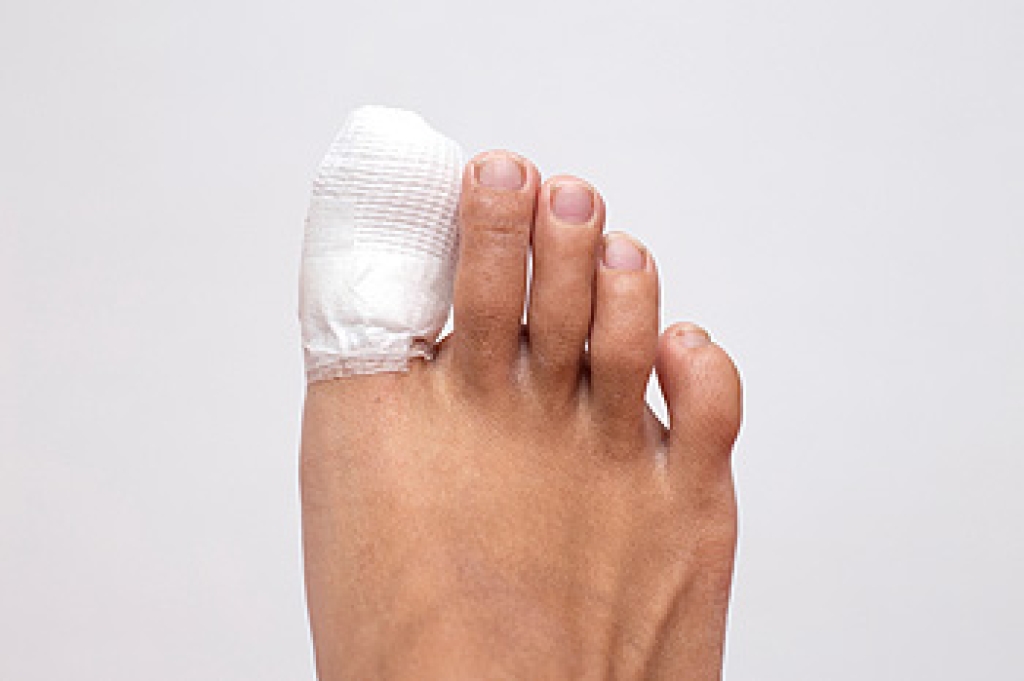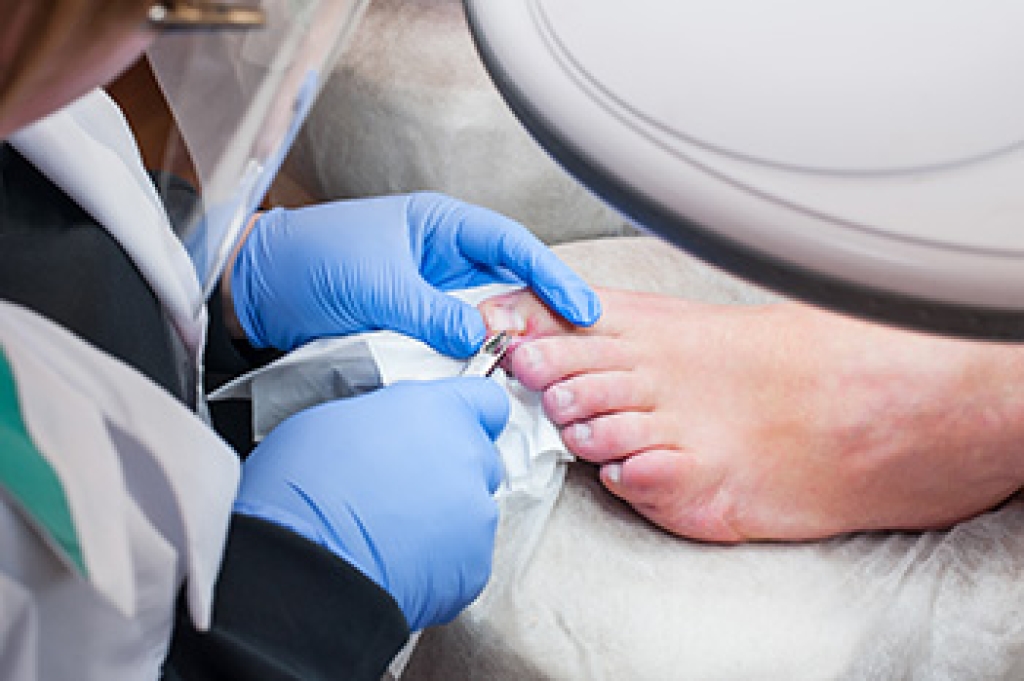
Anterior ankle impingement occurs when soft tissue or bone at the front of the ankle becomes compressed during motion. It is often linked to repeated ankle sprains, high-impact activities, or long-standing joint irritation. People may notice pain at the front of the ankle when walking uphill, squatting, or bending the foot upward. Swelling, stiffness, and a feeling of blockage during movement are also common. Over time, this condition can alter gait and place added strain on surrounding structures of the foot and lower leg. Early management may include rest, footwear changes, bracing, or targeted therapy to reduce irritation and restore smoother motion. In some cases, ongoing compression requires more advanced care. If ankle pain, stiffness, or limited movement persists, it is suggested that you see a podiatrist for a proper diagnosis and appropriate treatment.
Ankle pain can be caused by a number of problems and may be potentially serious. If you have ankle pain, consult with one of our podiatrists from Spartan Podiatry. Our doctors will assess your condition and provide you with quality foot and ankle treatment.
Ankle pain is any condition that causes pain in the ankle. Due to the fact that the ankle consists of tendons, muscles, bones, and ligaments, ankle pain can come from a number of different conditions.
Causes
The most common causes of ankle pain include:
- Types of arthritis (rheumatoid, osteoarthritis, and gout)
- Ankle sprains
- Broken ankles
- Achilles tendonitis
- Achilles tendon rupture
- Stress fractures
- Bursitis
- Tarsal tunnel syndrome
- Plantar fasciitis
Symptoms
Symptoms of ankle injury vary based upon the condition. Pain may include general pain and discomfort, swelling, aching, redness, bruising, burning or stabbing sensations, and/or loss of sensation.
Diagnosis
Due to the wide variety of potential causes of ankle pain, podiatrists will utilize a number of different methods to properly diagnose ankle pain. This can include asking for personal and family medical histories and of any recent injuries. Further diagnosis may include sensation tests, a physical examination, and potentially x-rays or other imaging tests.
Treatment
Just as the range of causes varies widely, so do treatments. Some more common treatments are rest, ice packs, keeping pressure off the foot, orthotics and braces, medication for inflammation and pain, and surgery.
If you have any questions please feel free to contact our offices located in Battle Creek and Marshall, MI . We offer the newest diagnostic tools and technology to treat your foot and ankle needs.




